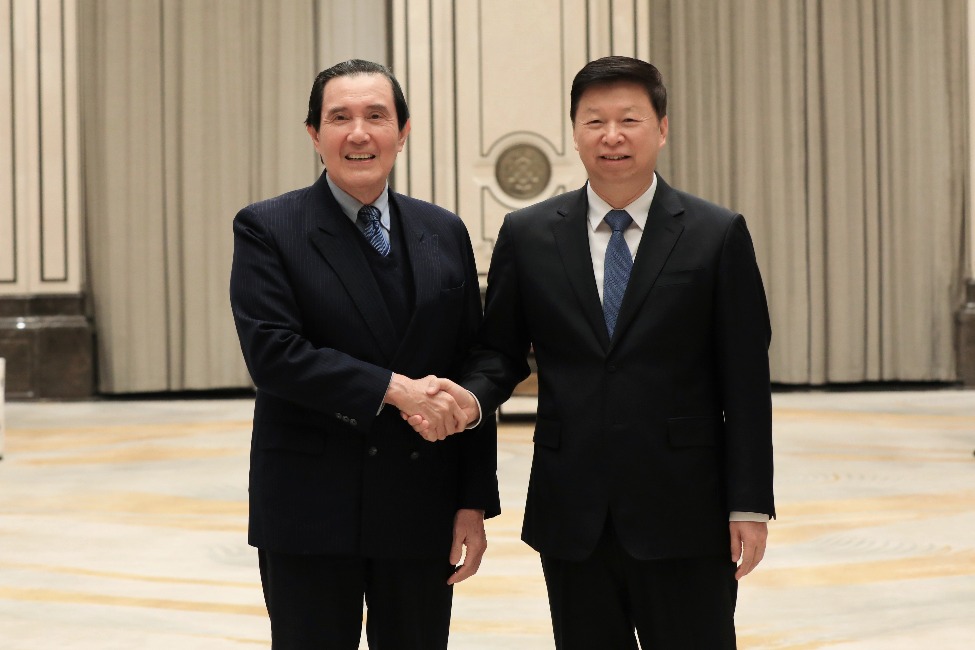
Why is Taiwan’s Kuomintang on the ropes?
Al JazeeraThe China-friendly party is struggling to reinvent itself as Taiwan changes, and the coffers are running dry too. The older generation, represented especially by former President Ma, clings to the ‘1992 Consensus’, but the younger generation, represented by KMT Chair Johnny Chiang, recognises that the KMT must modify its stance if it is to win support in Taiwan,” said Bonnie Glaser, director of the China Power Project at the Center for Strategic and International Studies. Yujen Kuo, Director of the Institution for National Policy Research at National Sun Yat-Sen University in Taiwan, says the KMT’s patriarchal culture makes change much more difficult for the older party. “The retirement plans every month have been a very heavy financial burden and now with the burden assets being frozen, the party chair has to come up with money every month to cover the expenses so it will be a problem,” said Eric Huang, a former KMT spokesman and member of the party’s younger generation. A possible free trade agreement with the United States, which could see Taiwan import cheaper American pork, has also proven contentious with many voters, riling the large agricultural sector Templeman compares with the “white working-class swing states in the US.” And the KMT’s stable of younger party leaders, including Chiang and Hou Yu-ih, the Mayor of New Taipei, might yet prove appealing to a wide range of voters including those who identify as Taiwanese.
History of this topic
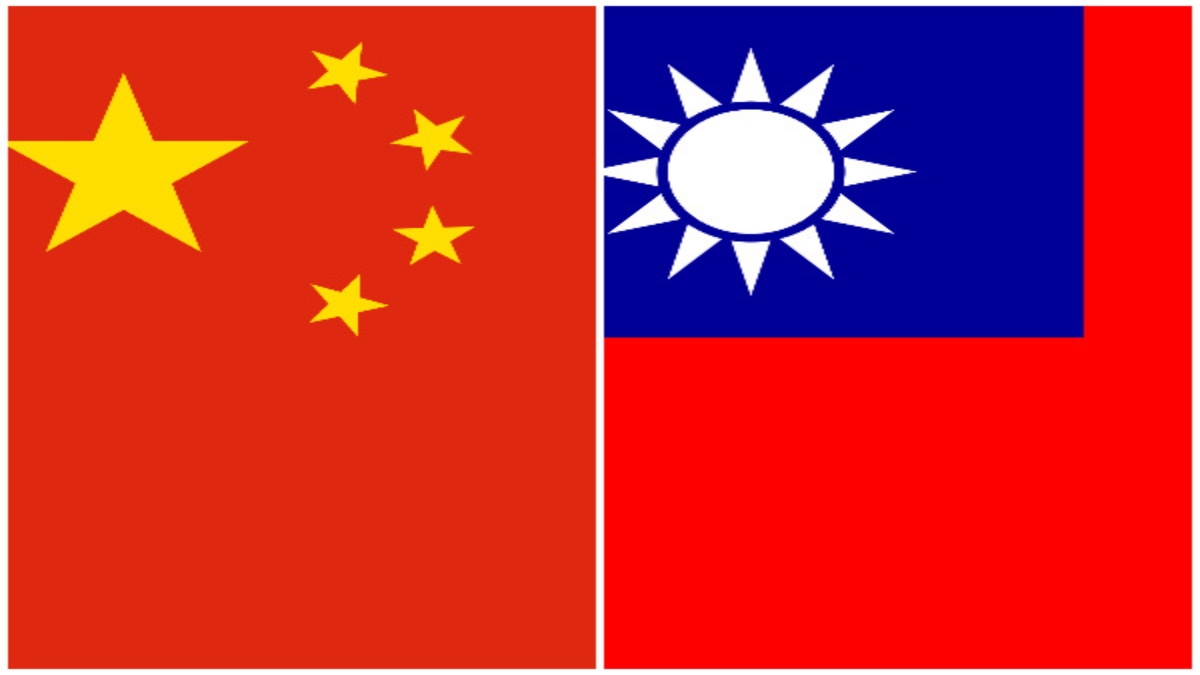)
Amid rising China-Taiwan tension, Beijing sends team to Taipei for pacts on healthcare, red panda
Firstpost
Hopes for 'reunification' a fact of life on China's window to Taiwan
Raw Story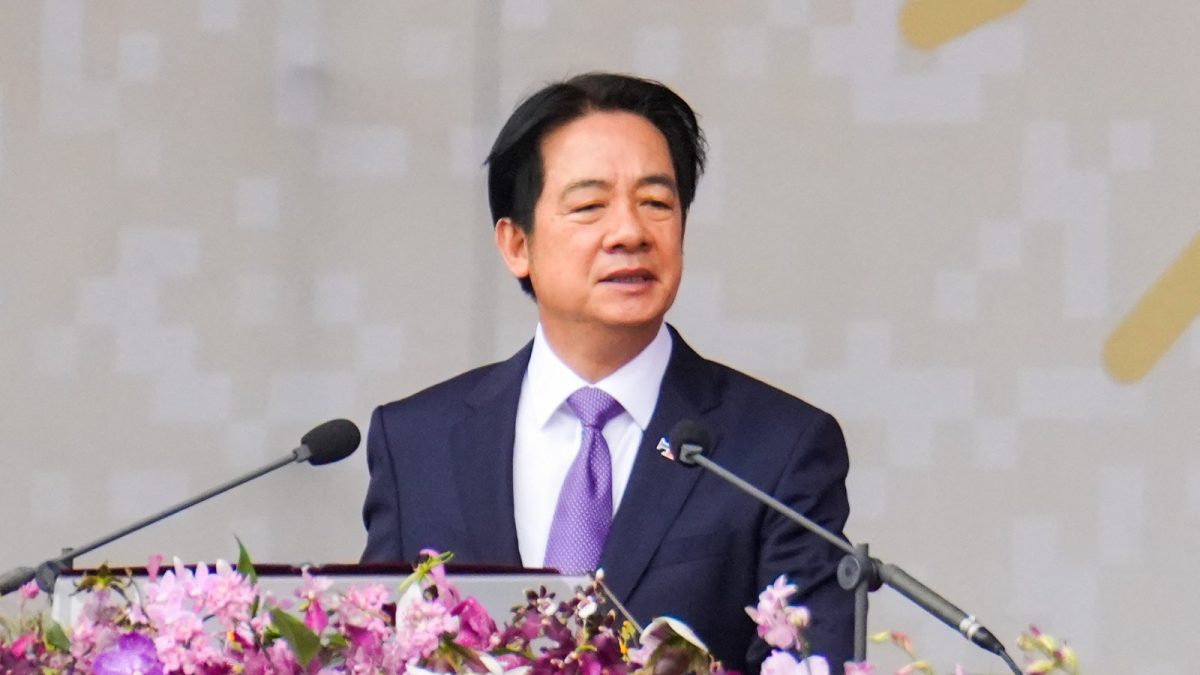)
Taiwan President Lai in US for Pacific tour amid rising tensions with China
Firstpost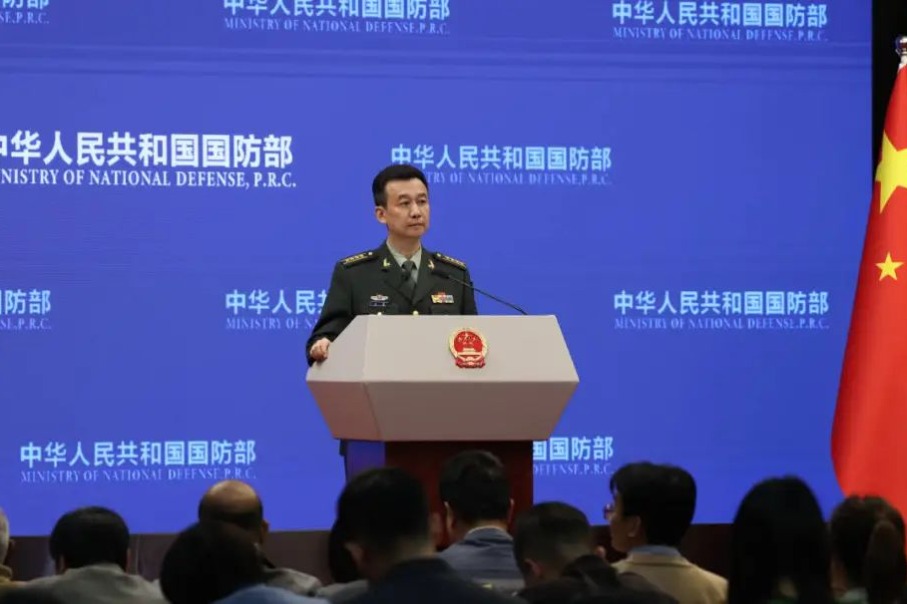
Mainland slams Lai Ching-te's provocative move of transiting through Hawaii
China Daily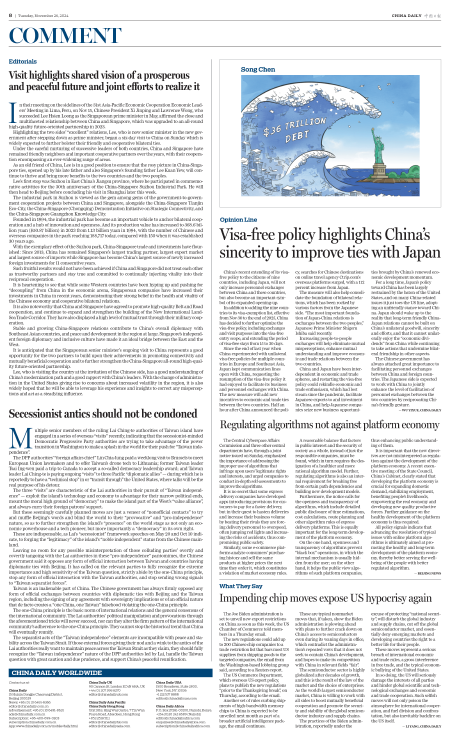
Secessionist antics should not be condoned
China Daily
Russell Hsiao
The Diplomat
The Ko Wen-je Case Points to Deeper Problems in Taiwan Politics
The Diplomat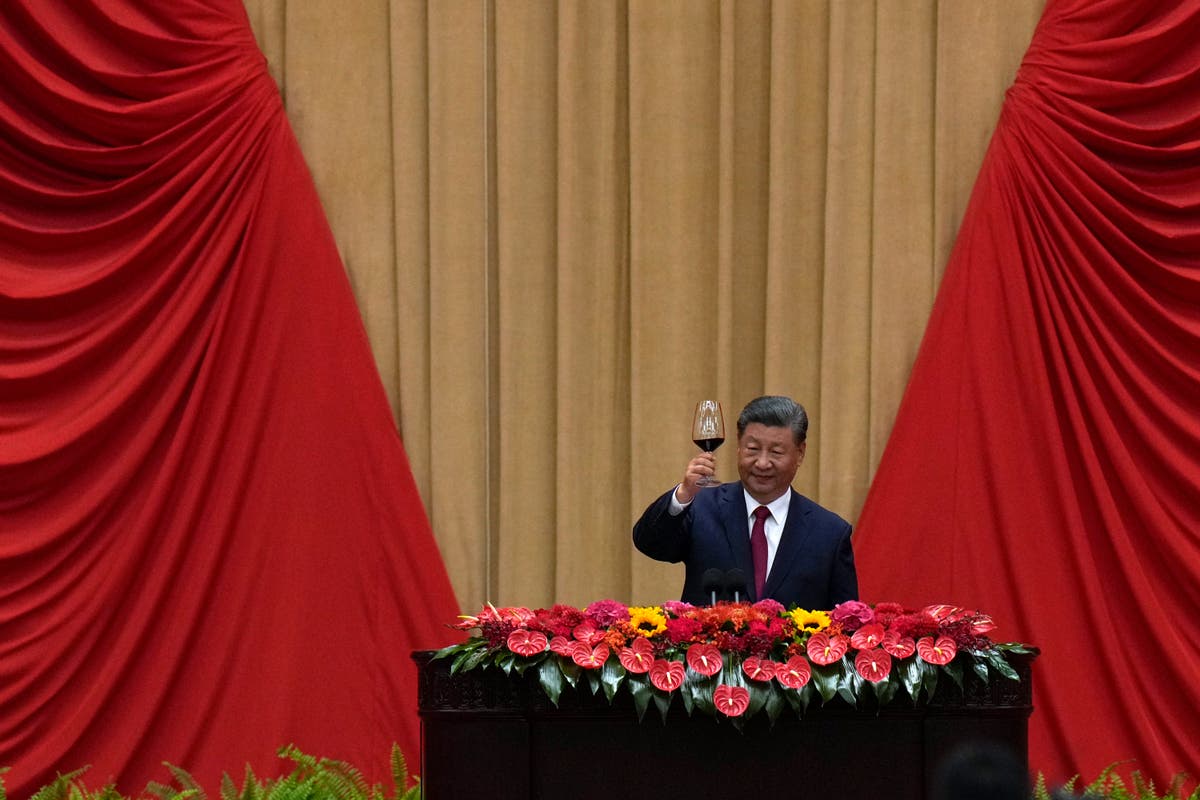
China marks 75 years of Communist Party rule as economic challenges and security threats linger
The Independent
President Xi says Taiwan is China's sacred territory, opposes Taiwan's independence
Hindustan Times
Taiwan authorities slammed for instigating cyberattacks on mainland
China Daily
Taiwan authorities slammed for instigating cyberattacks on mainland
China Daily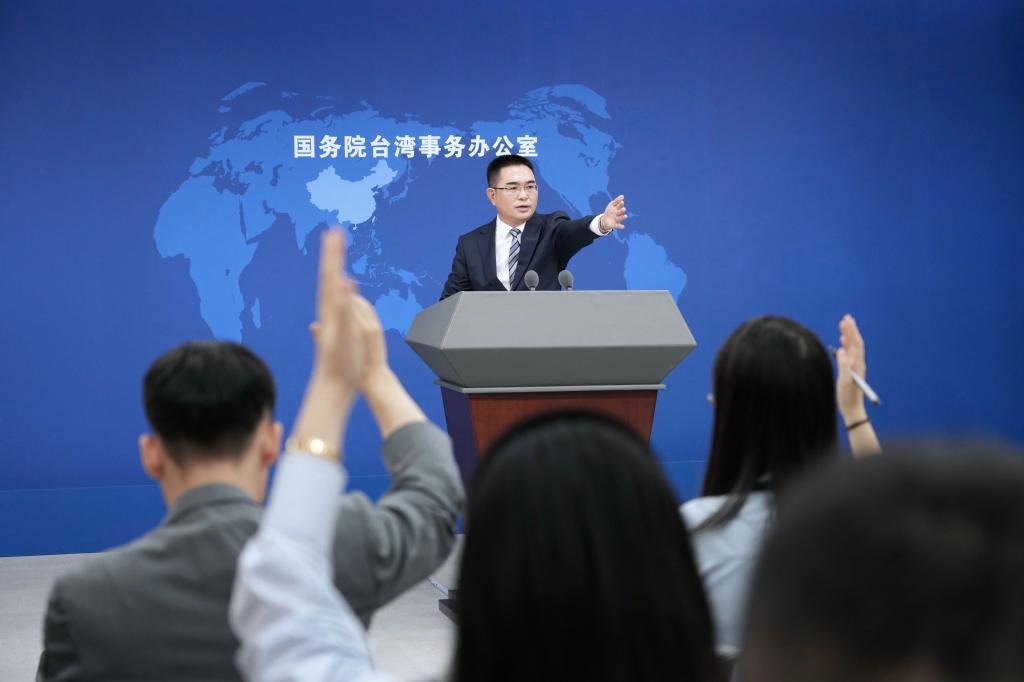
Mainland hints at crackdown on 'stubborn' Taiwan separatists
China Daily
Mainland hints at crackdown on 'stubborn' Taiwan separatists
China Daily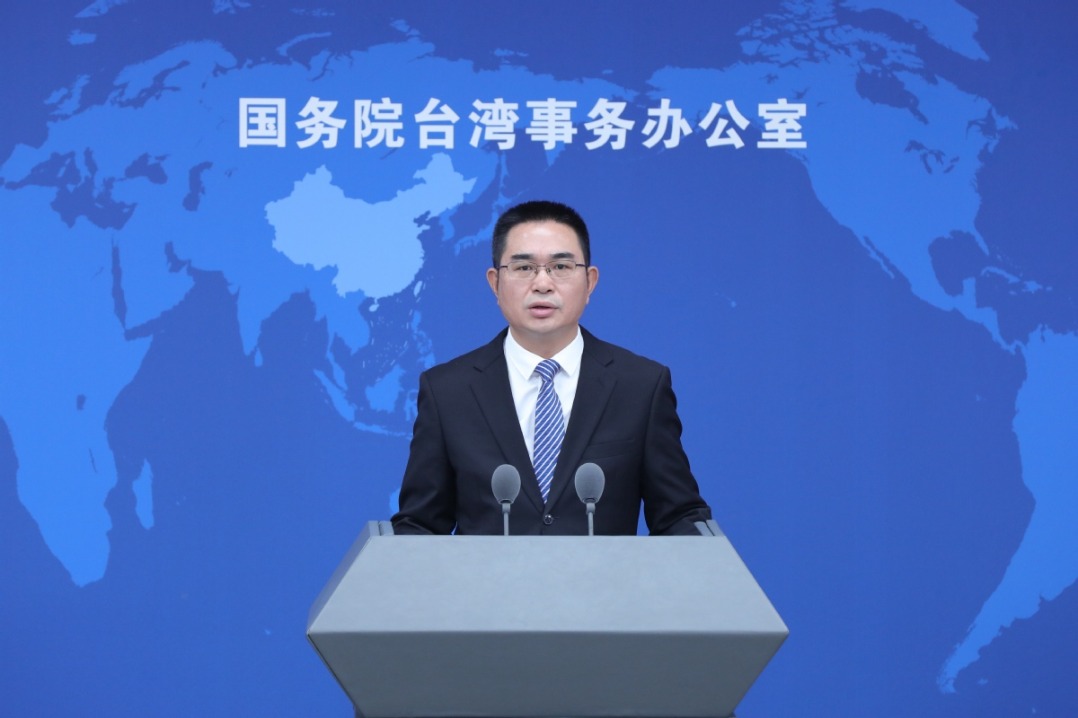
Taiwan Affairs Office condemns DPP actions
China Daily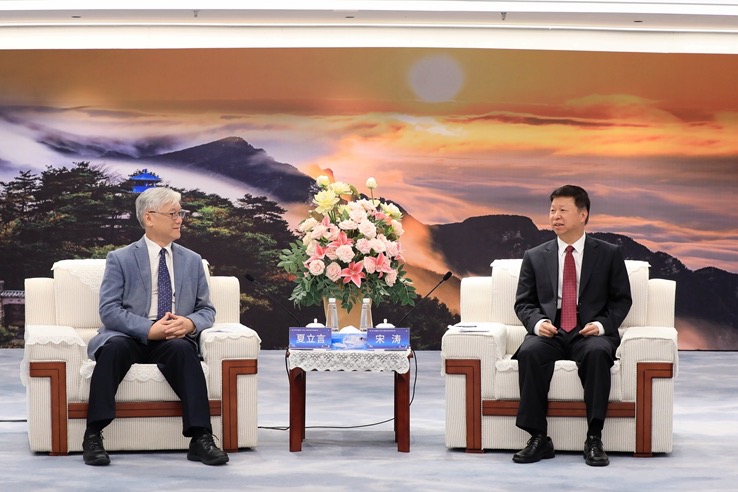
Mainland's Taiwan affairs official meets with KMT vice-chairman
China Daily
Mainland's Taiwan affairs official meets with KMT vice-chairman
China Daily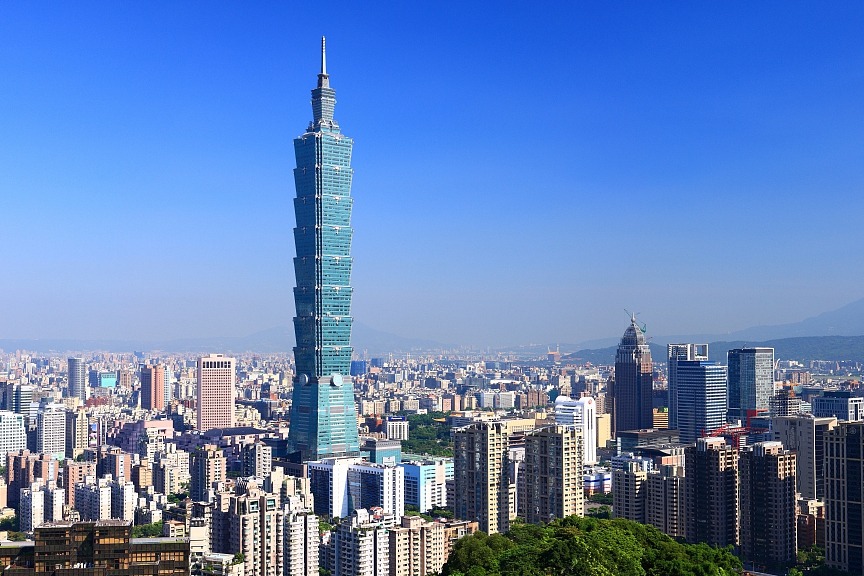
Chinese Mainland, Taiwan's KMT to boost cross-strait exchanges
China Daily
Chinese Mainland, Taiwan's KMT to boost cross-strait exchanges
China Daily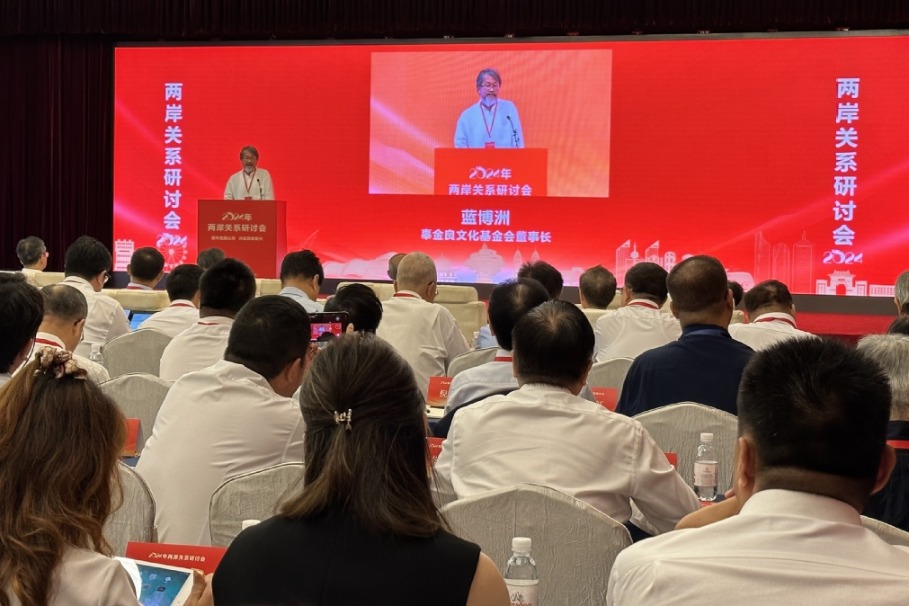
Official calls for exposing harms of 'Taiwan independence' historical view
China Daily
Here's why Taiwan is watching the U.S. election closely
NPR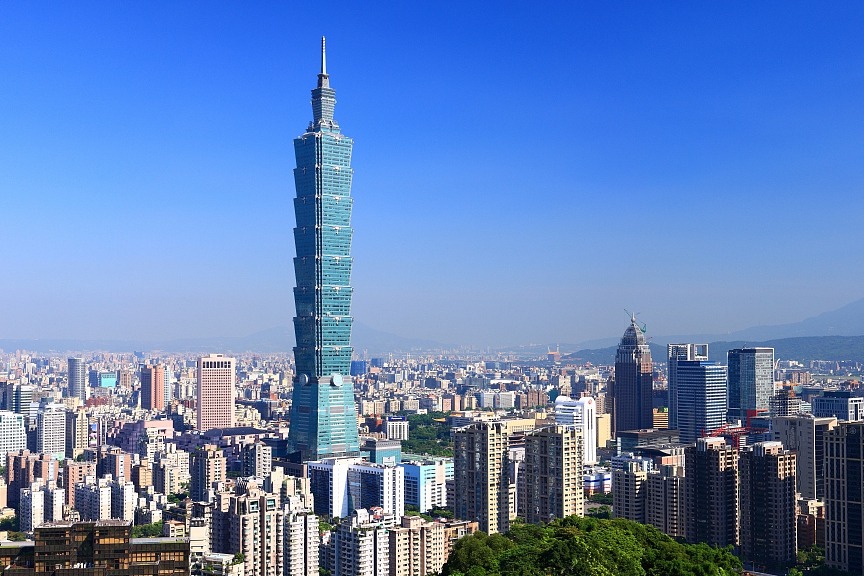
DPP smears aimed at hurting cross-Strait ties, mainland says
China Daily
Taiwan president urges democracies to unite at largest-ever gathering of foreign lawmakers in Taipei
Hindustan TimesTaiwan president urges democracies to unite at largest-ever gathering of foreign lawmakers in Taipei
Associated PressTaiwan must protect its sovereignty, know its own history, president says
The Hindu
Lai authorities trying to hijack public opinion
China DailyTaiwan president says China's 'strong rise' is greatest challenge
The Hindu
‘Elimination’ of Taiwan is China’s great national cause, Lai says
Al Jazeera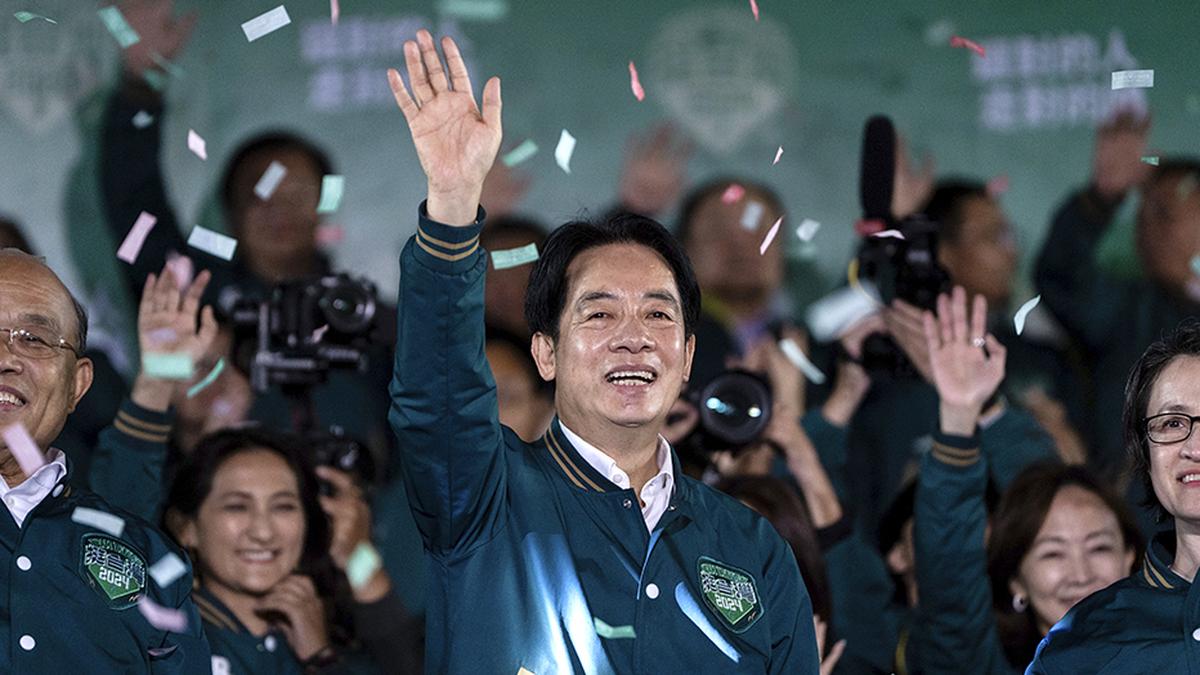
China’s ‘grey-zone’ warfare tactics against Taiwan | Explained
The Hindu
US reacts as China objects to Narendra Modi's exchange with Taiwan President
India TodayWhy have Taiwan's politicians been brawling in parliament?
ABC
Taiwan passes law favouring China and limiting new president’s powers
The Independent
Taiwan’s Legislature passes changes seen as favoring China, reducing president’s power
LA TimesTaiwan's president says wants to work with China after drills
The Hindu
Each time Taiwan separatists make waves they trigger a tsunami against themselves: China Daily editorial
China Daily
Taiwan’s new president tells China to accept reality in defiant first speech
The IndependentTaiwan’s new President Lai in his inauguration speech urges China to stop its military intimidation
Associated Press
Lai playing word games shows he's blind to the fact he's building a castle on sand: China Daily editorial
China Daily
Lai Ching-te sworn in as Taiwan president as tensions with China on knife edge
India Today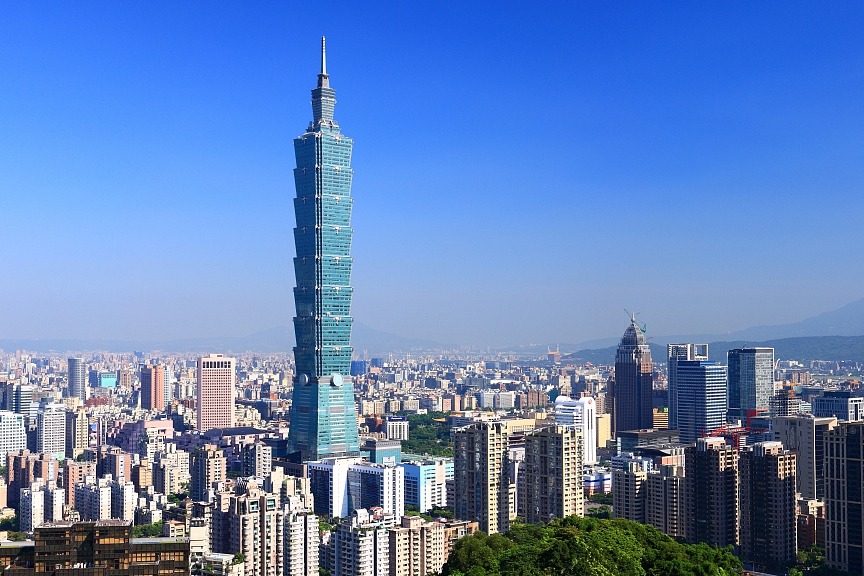
US criticized for attending Taiwan event
China Daily
Separatist stances in Taiwan root cause of the severe situation in Taiwan Strait
China Daily
William Lai Ching-te urges peace as he becomes Taiwan’s new president
Al Jazeera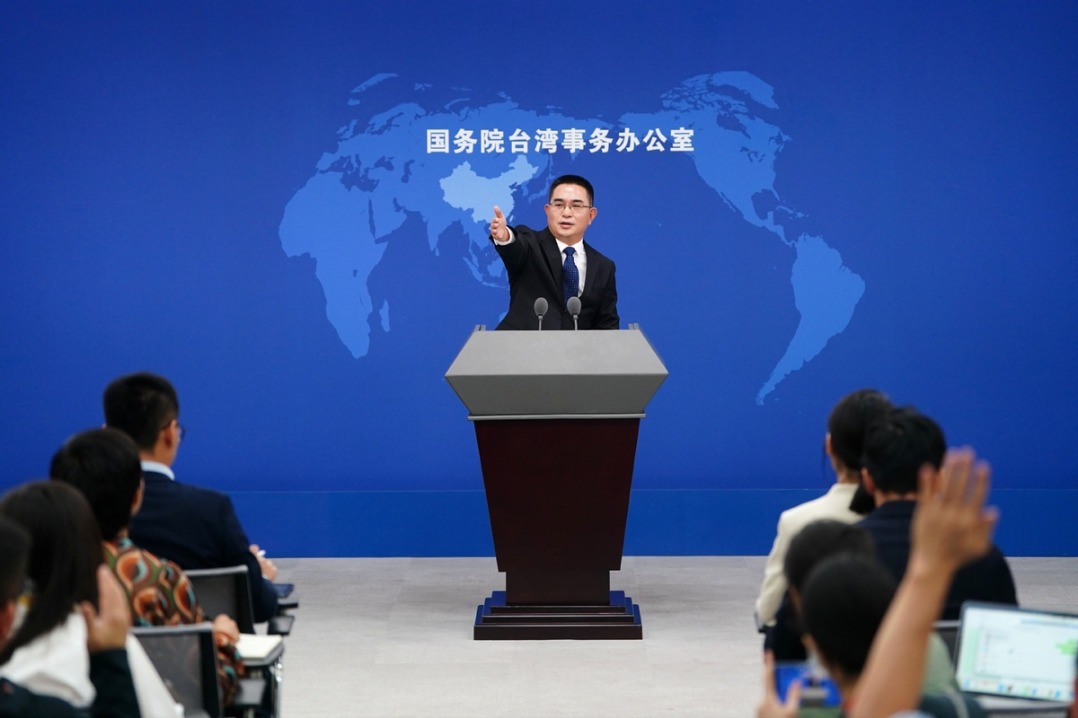
Mainland: 'Taiwan independence' incompatible with cross-Strait peace
China Daily
Separatist stances in Taiwan root cause of the severe situation in Taiwan Strait
China Daily
Mainland: 'Taiwan independence' incompatible with cross-Strait peace
China Daily
US criticized for attending Taiwan event
China DailyTaiwan’s new president inherits a strong foreign policy position but political gridlock at home
Associated Press
‘Troublemaker’ William Lai Ching-te to take oath as Taiwan’s new president
Al Jazeera
Any challenge to Taiwan's status as part of China doomed to fail: China Daily editorial
China Daily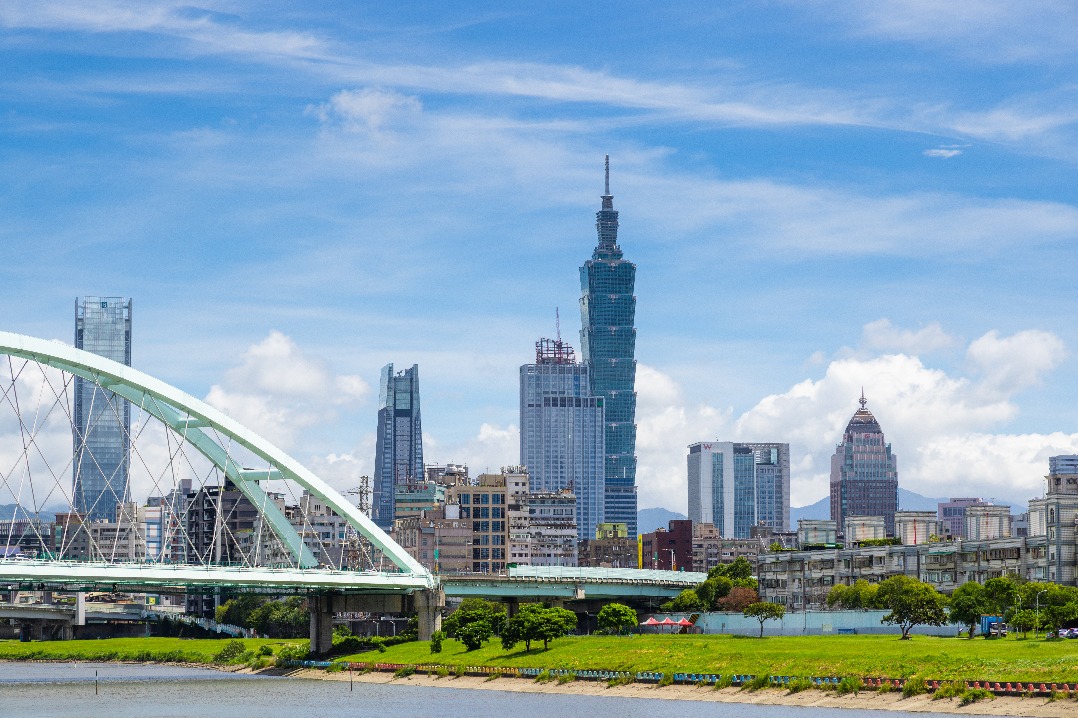
China to introduce legal measures against 'Taiwan independence' diehards: spokesperson
China Daily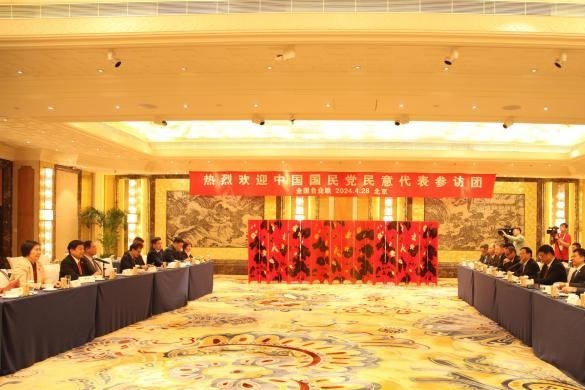
KMT delegation holds talks with representatives of Taiwan businesspeople, youths on mainland
China DailyDiscover Related




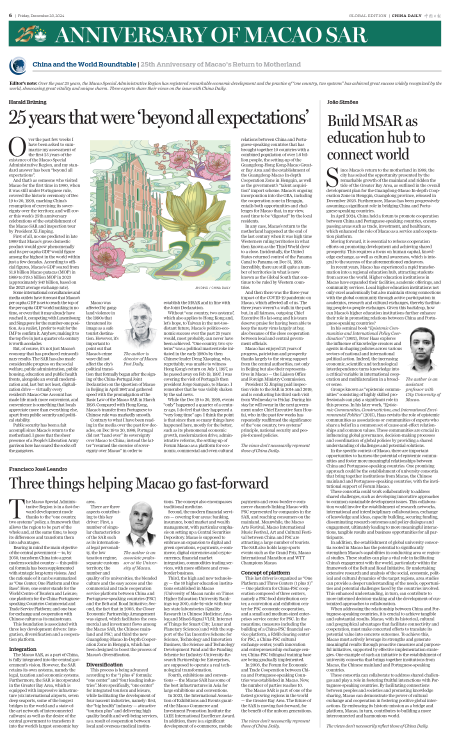
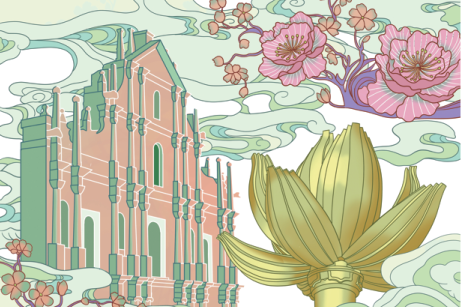



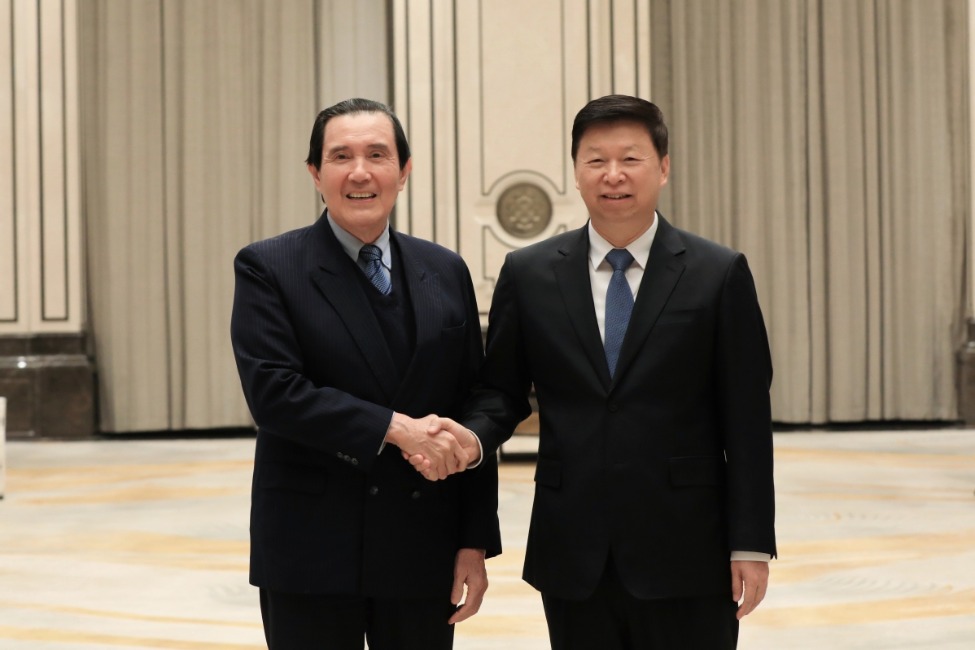
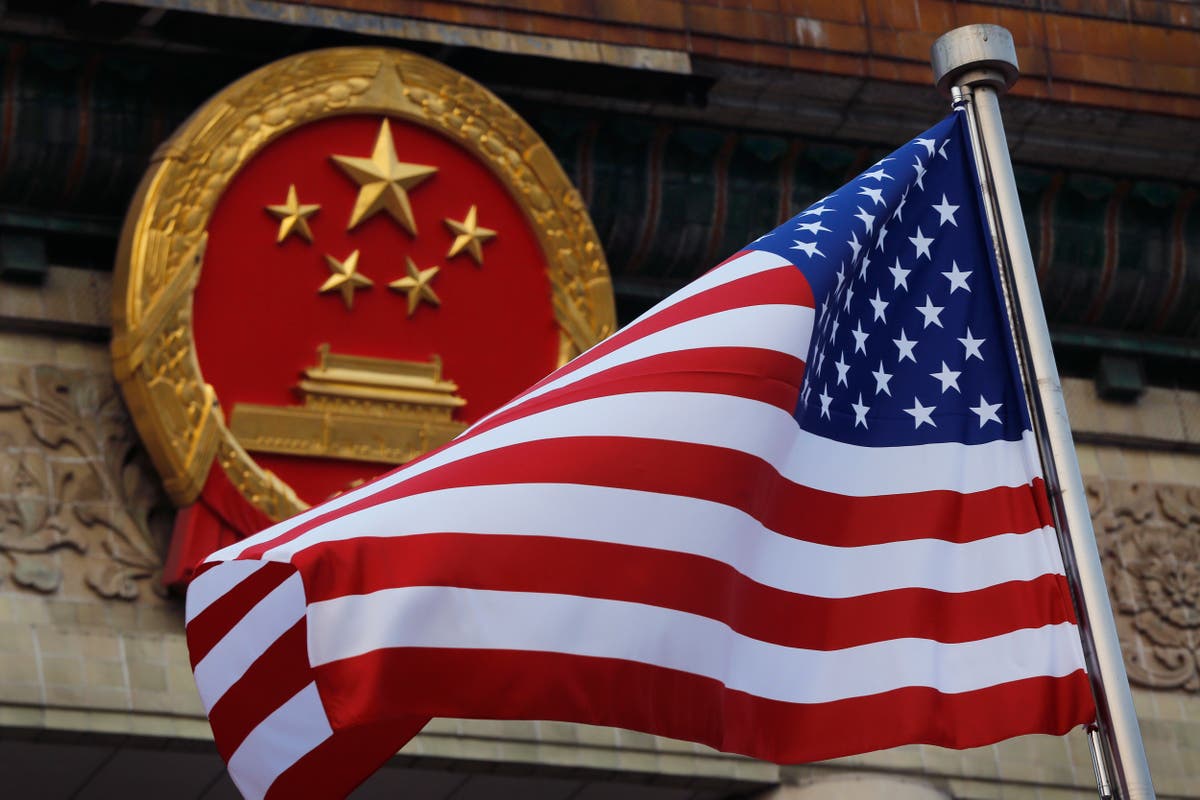
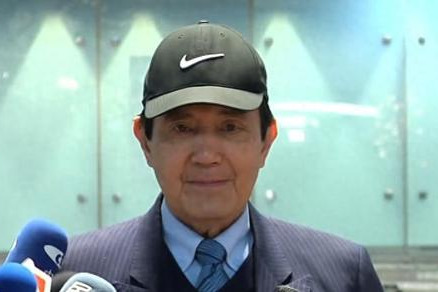

)
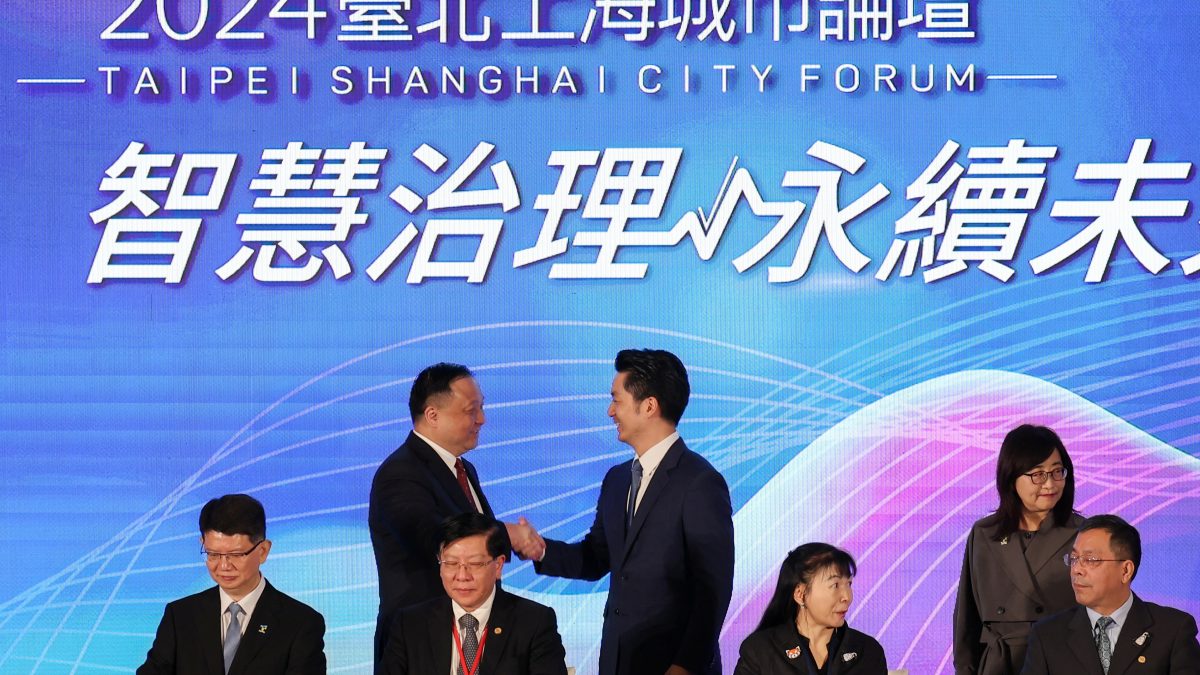)
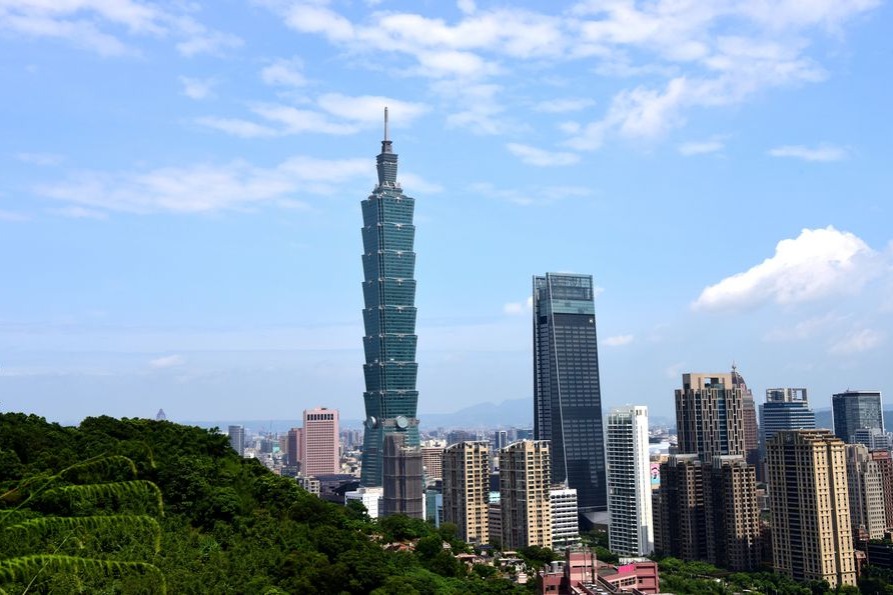
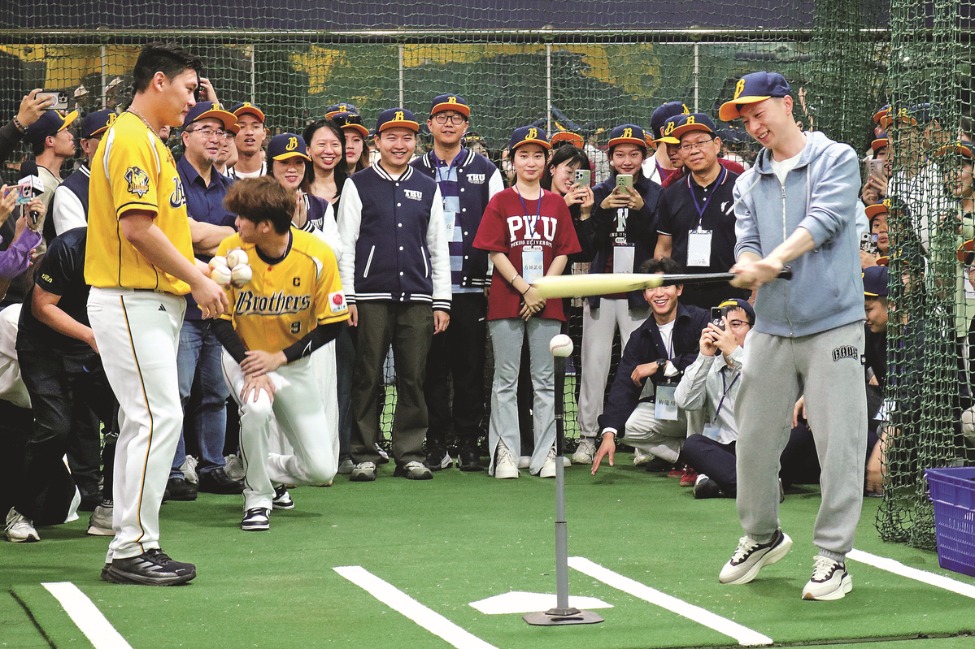

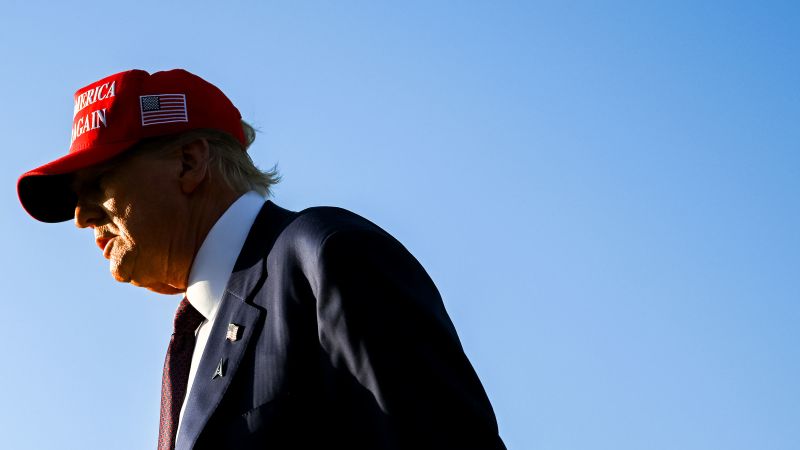
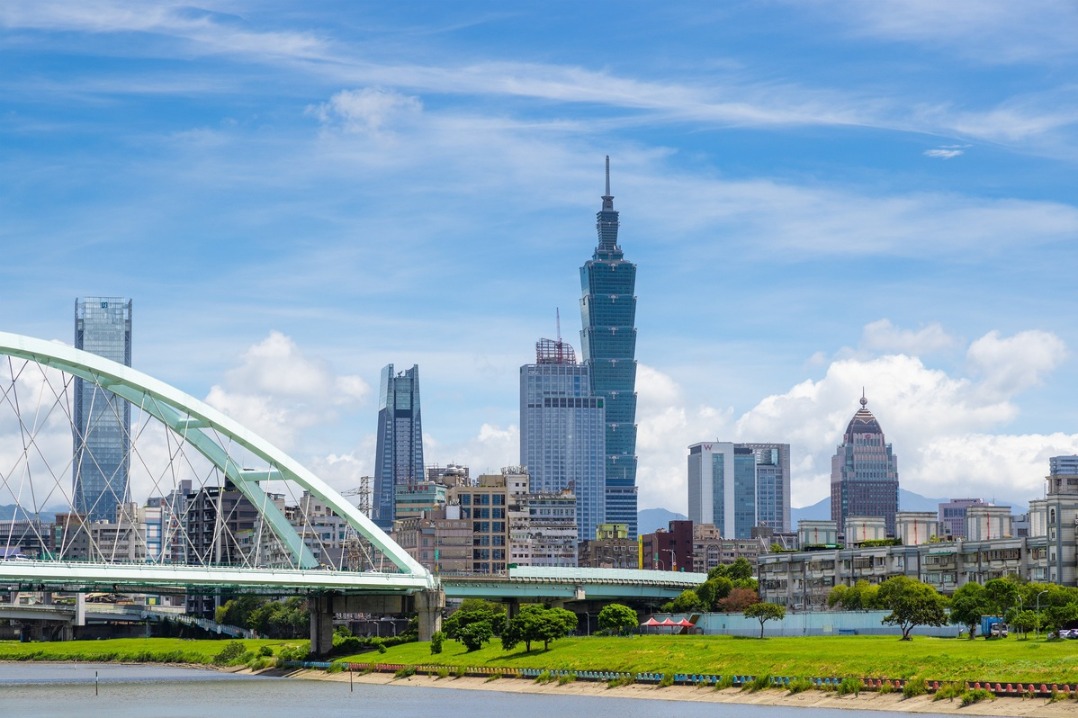
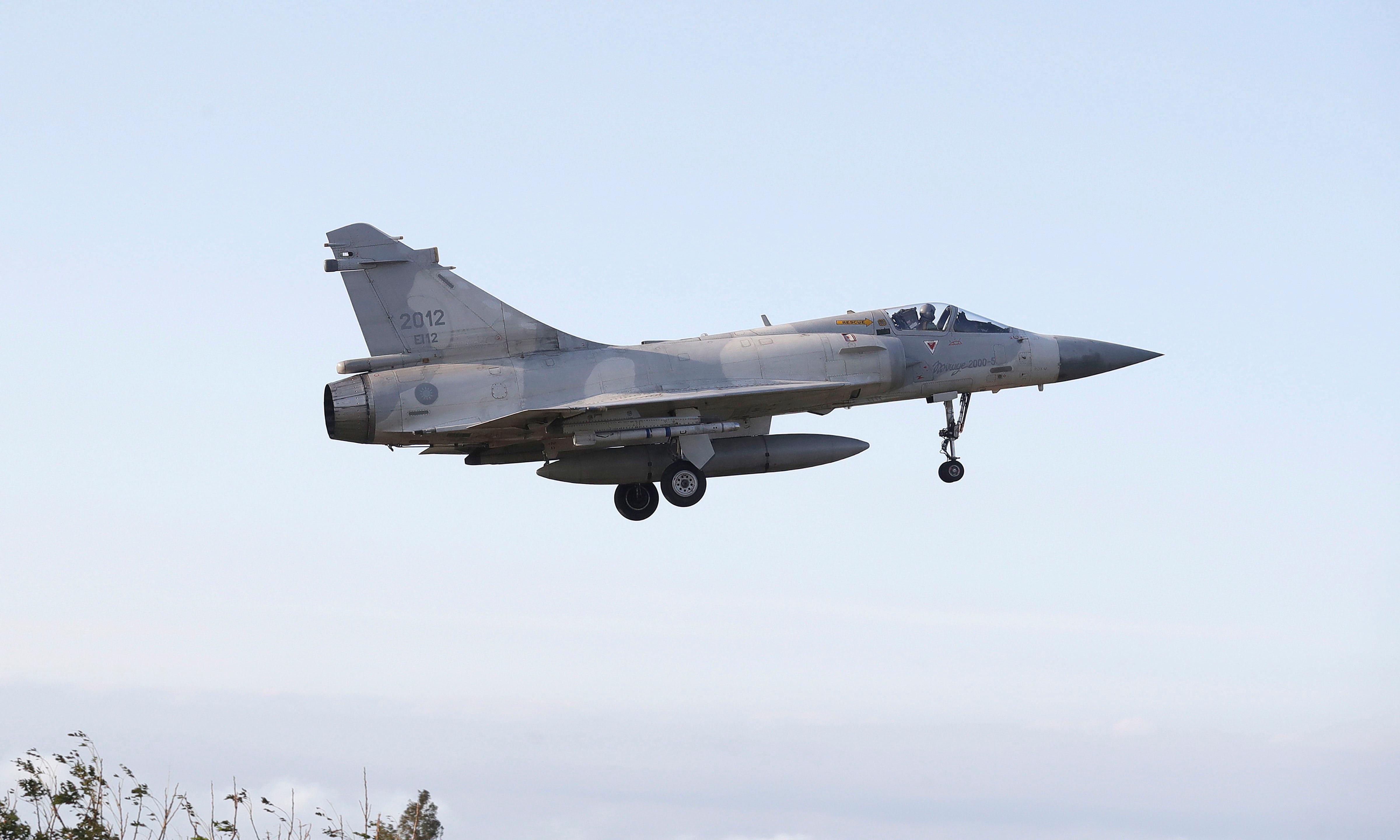
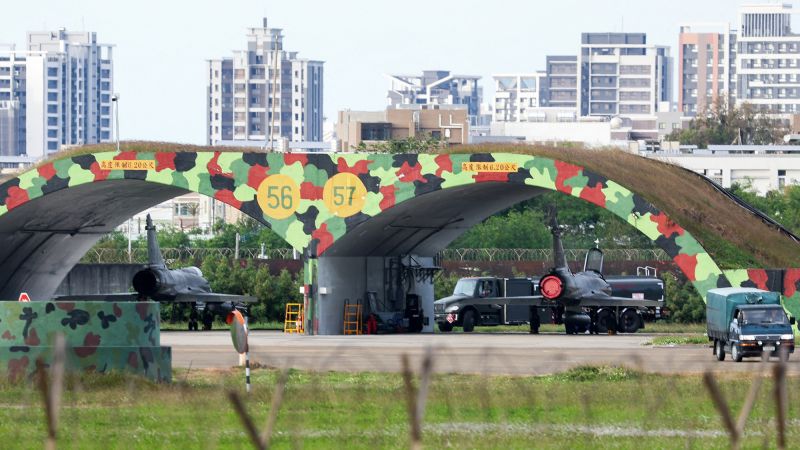


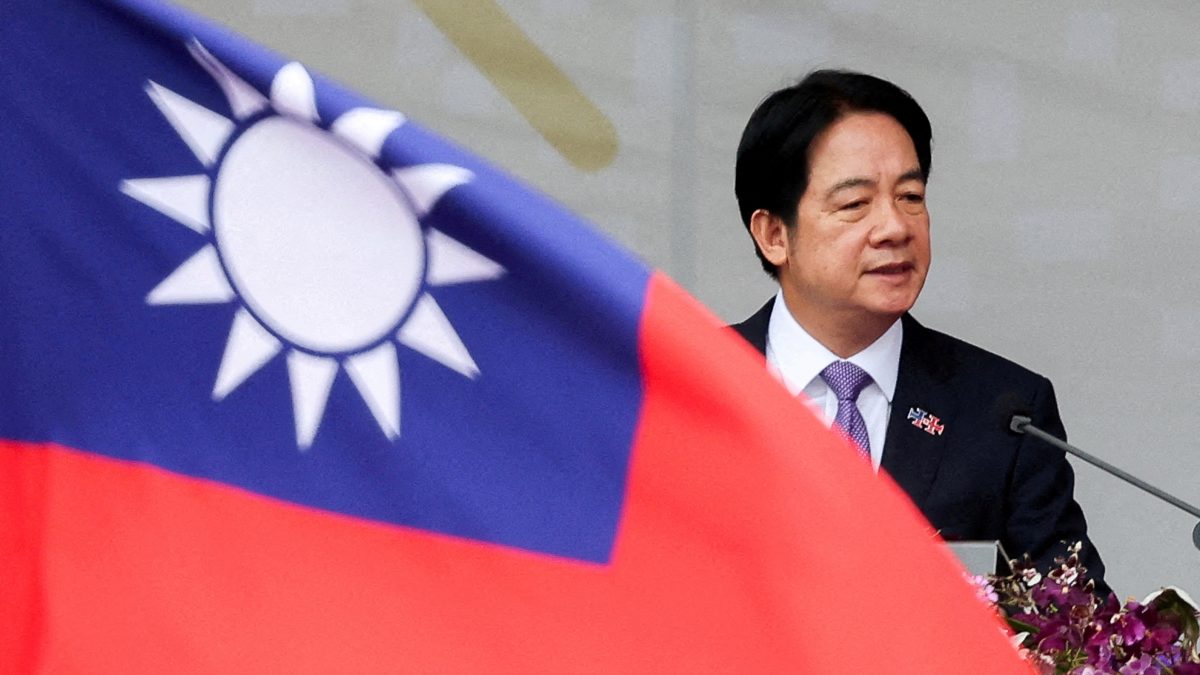)

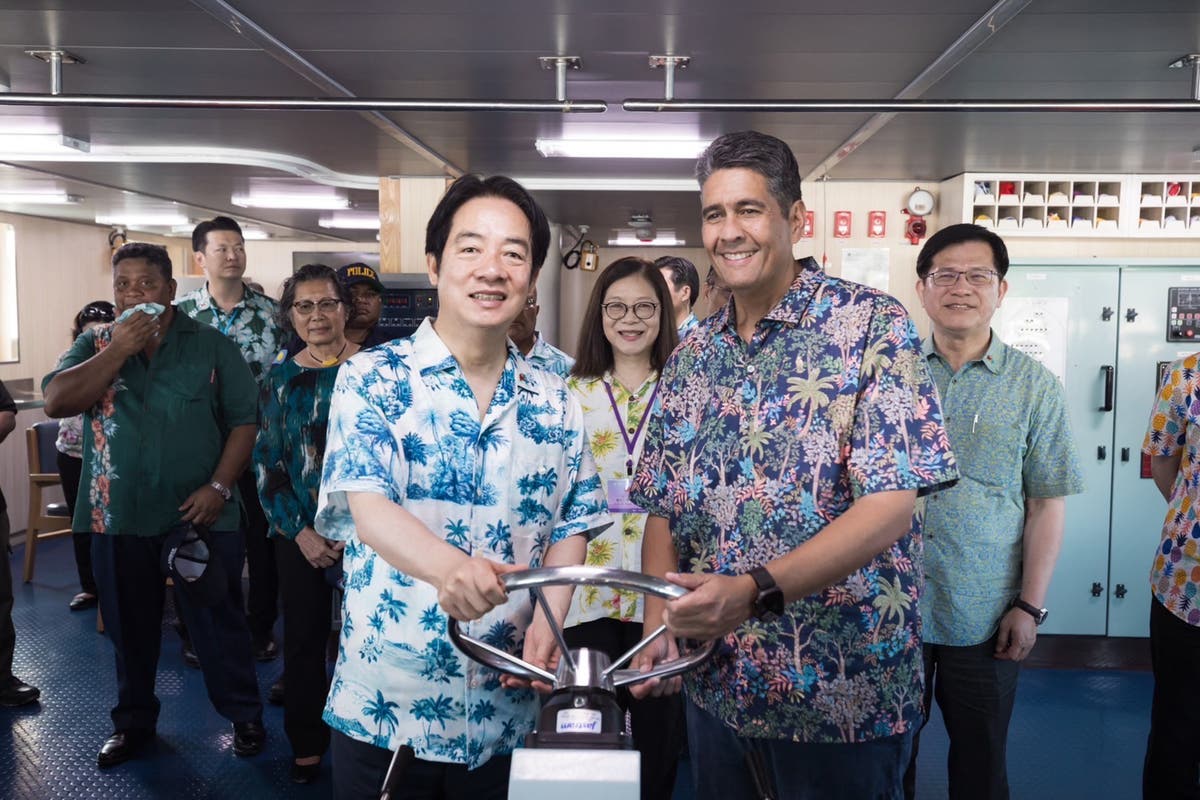
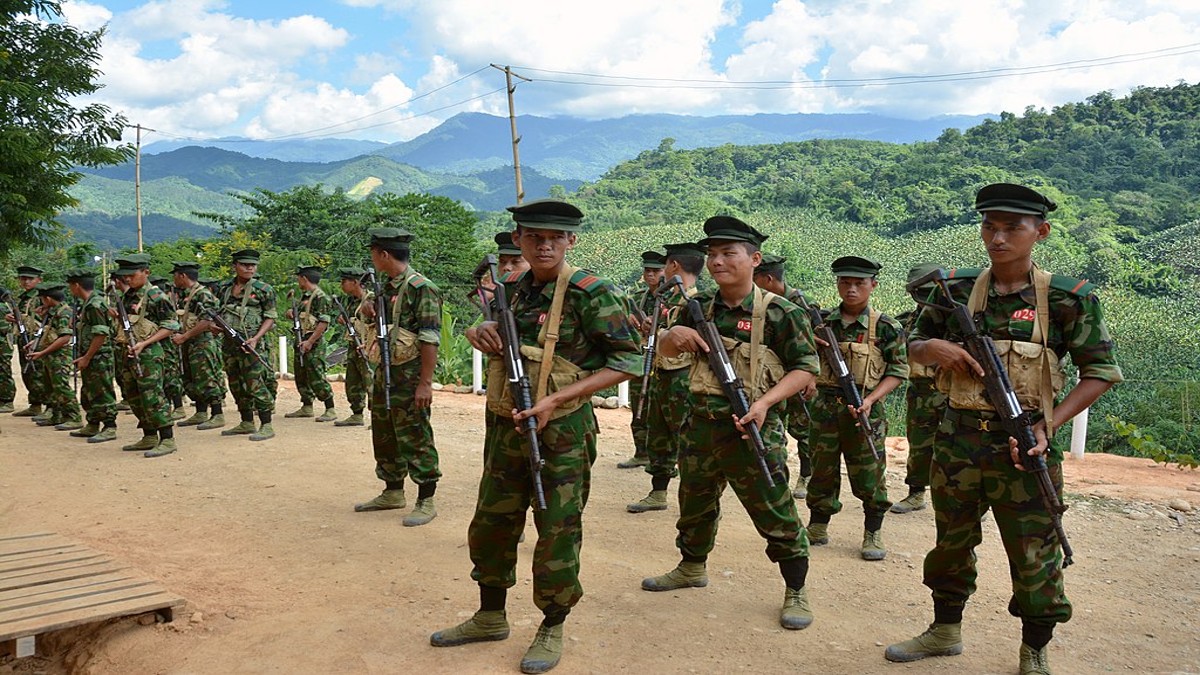)
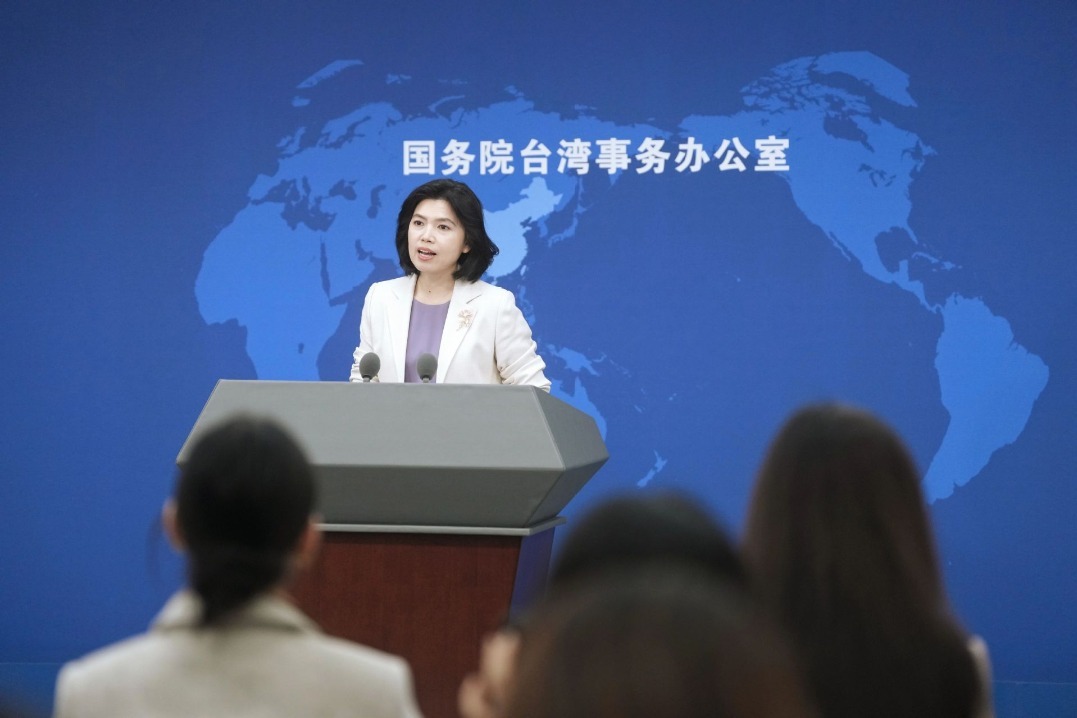
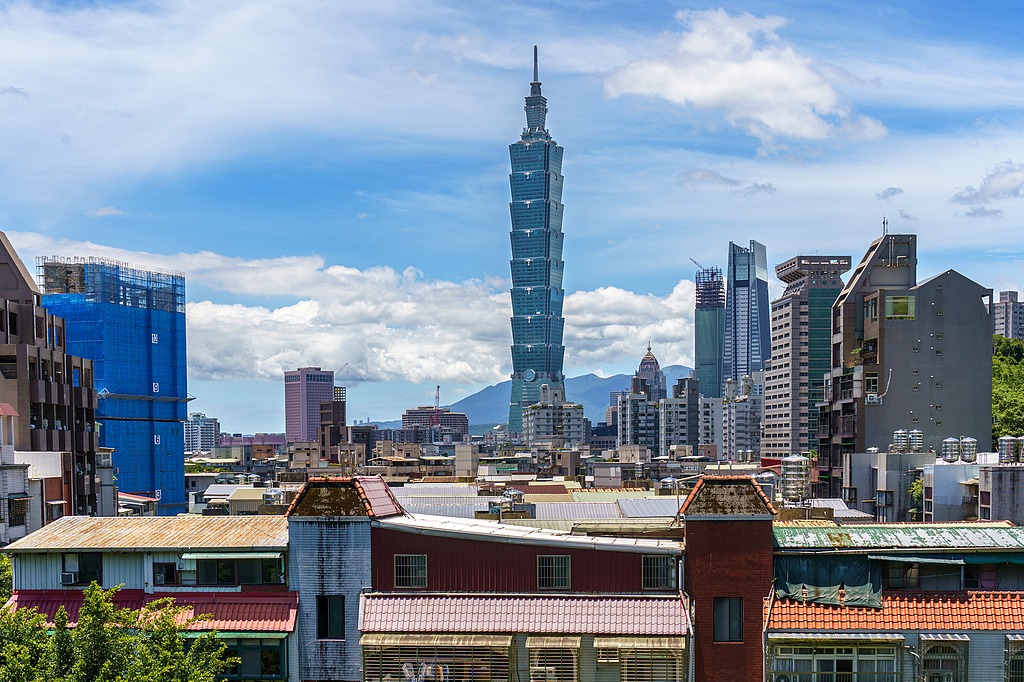


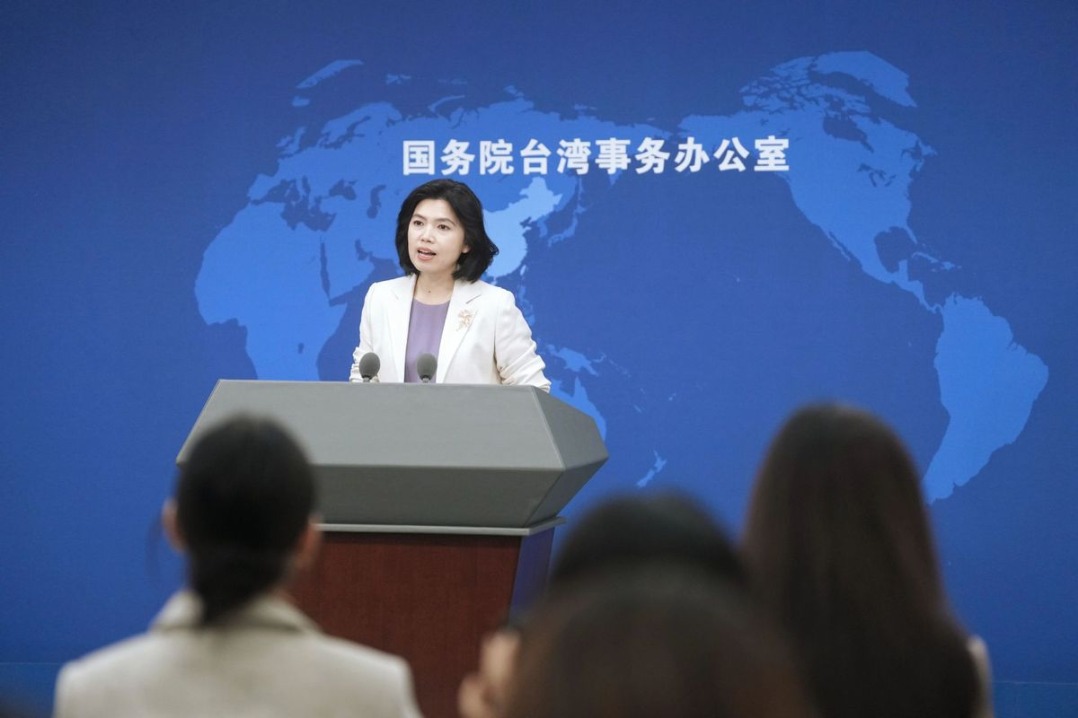

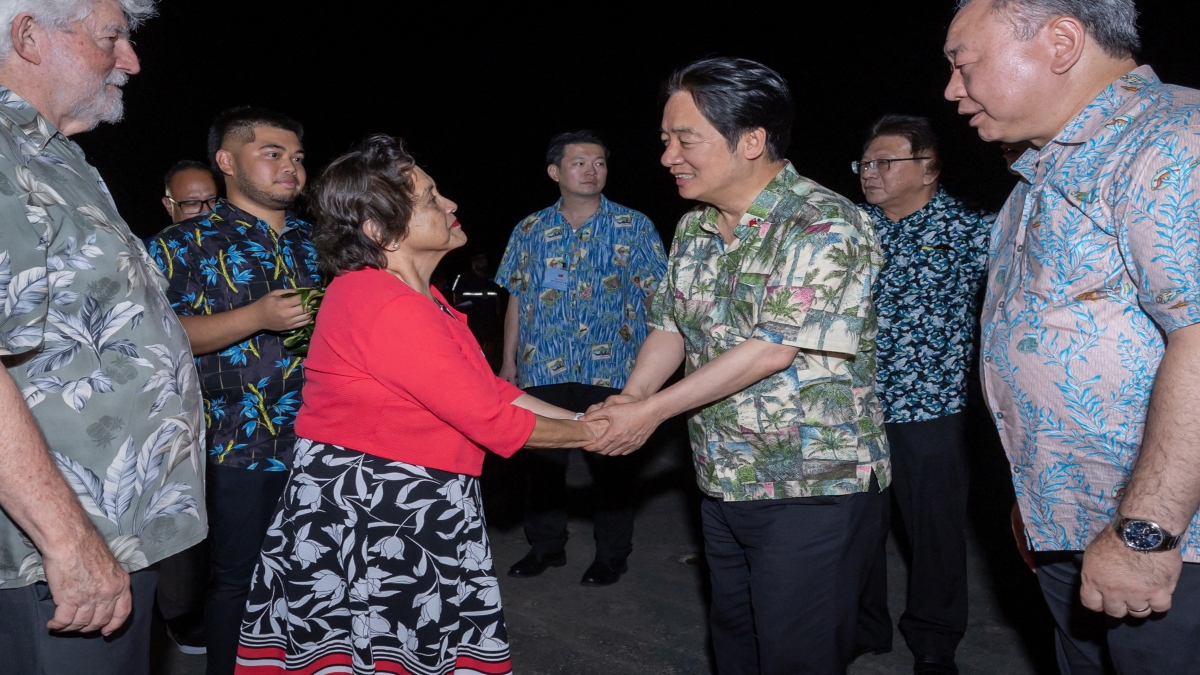)

